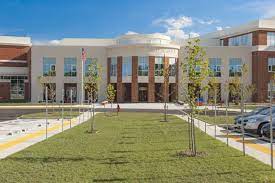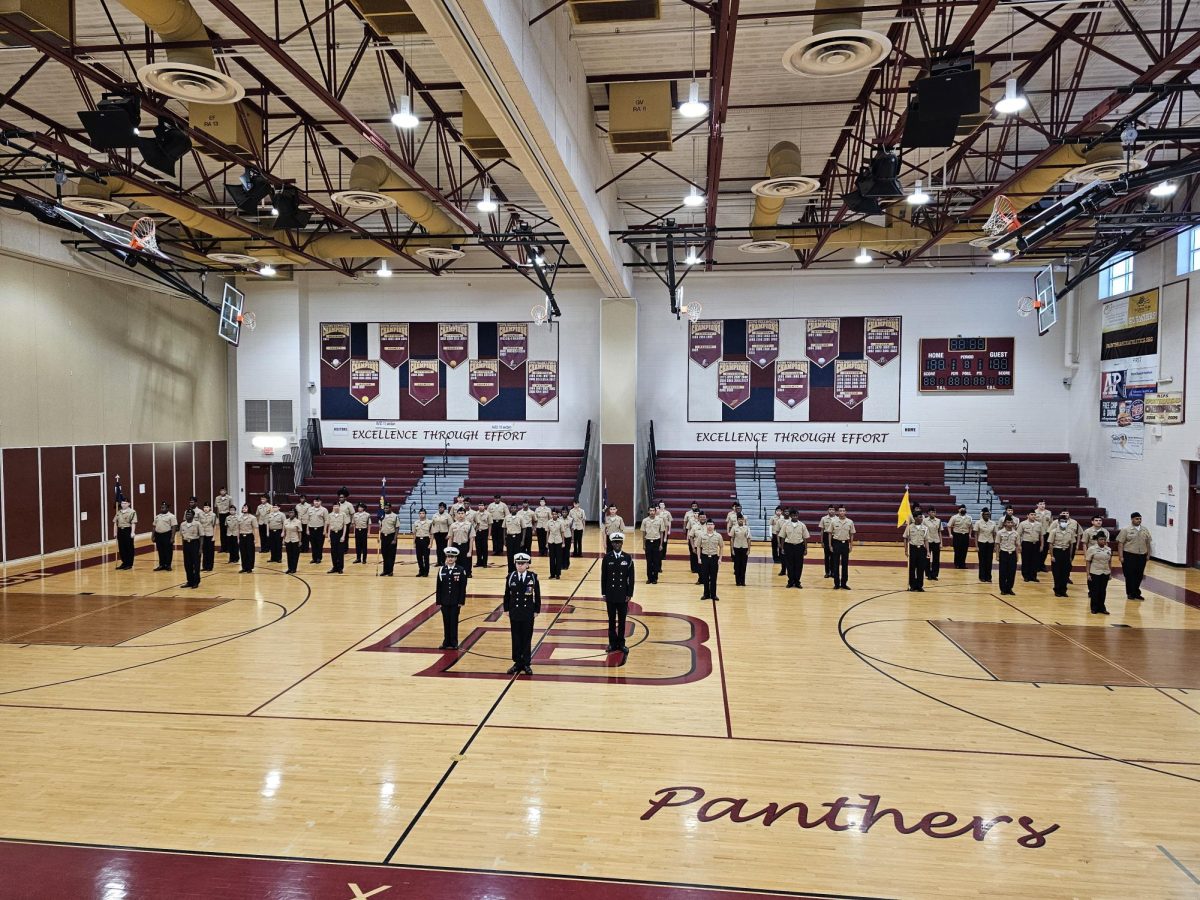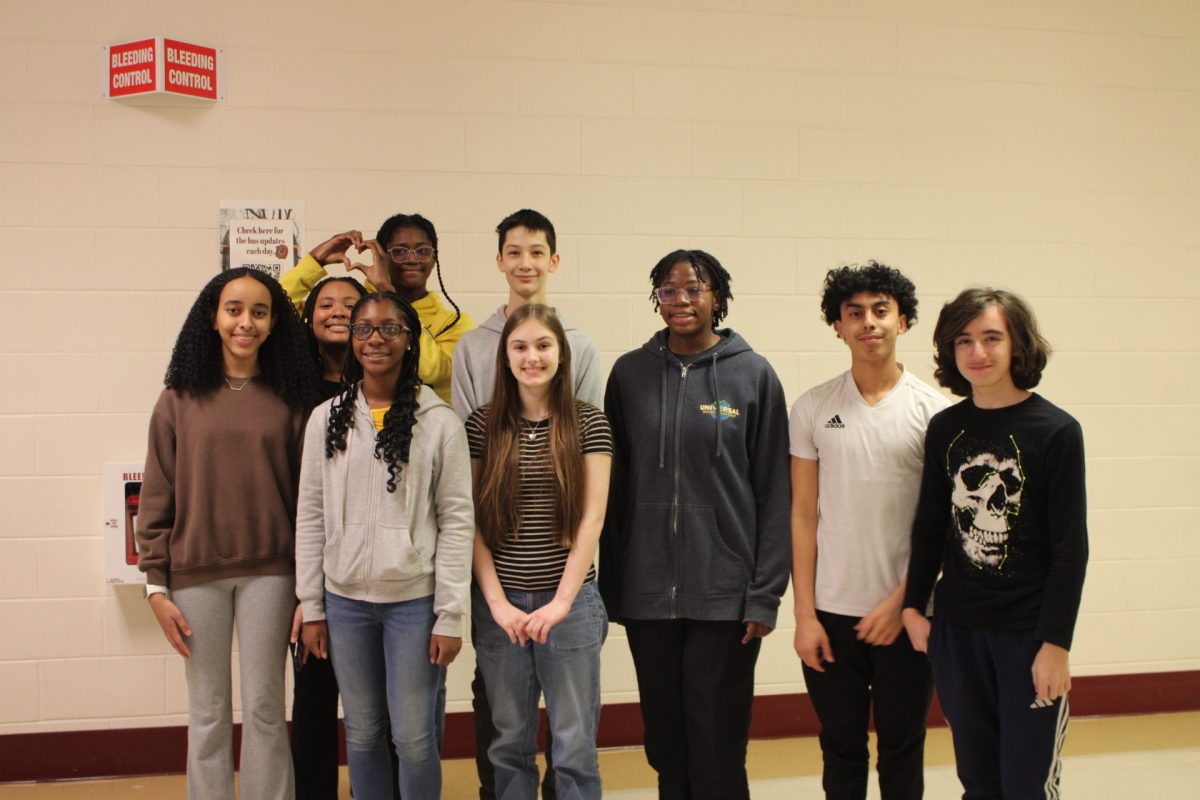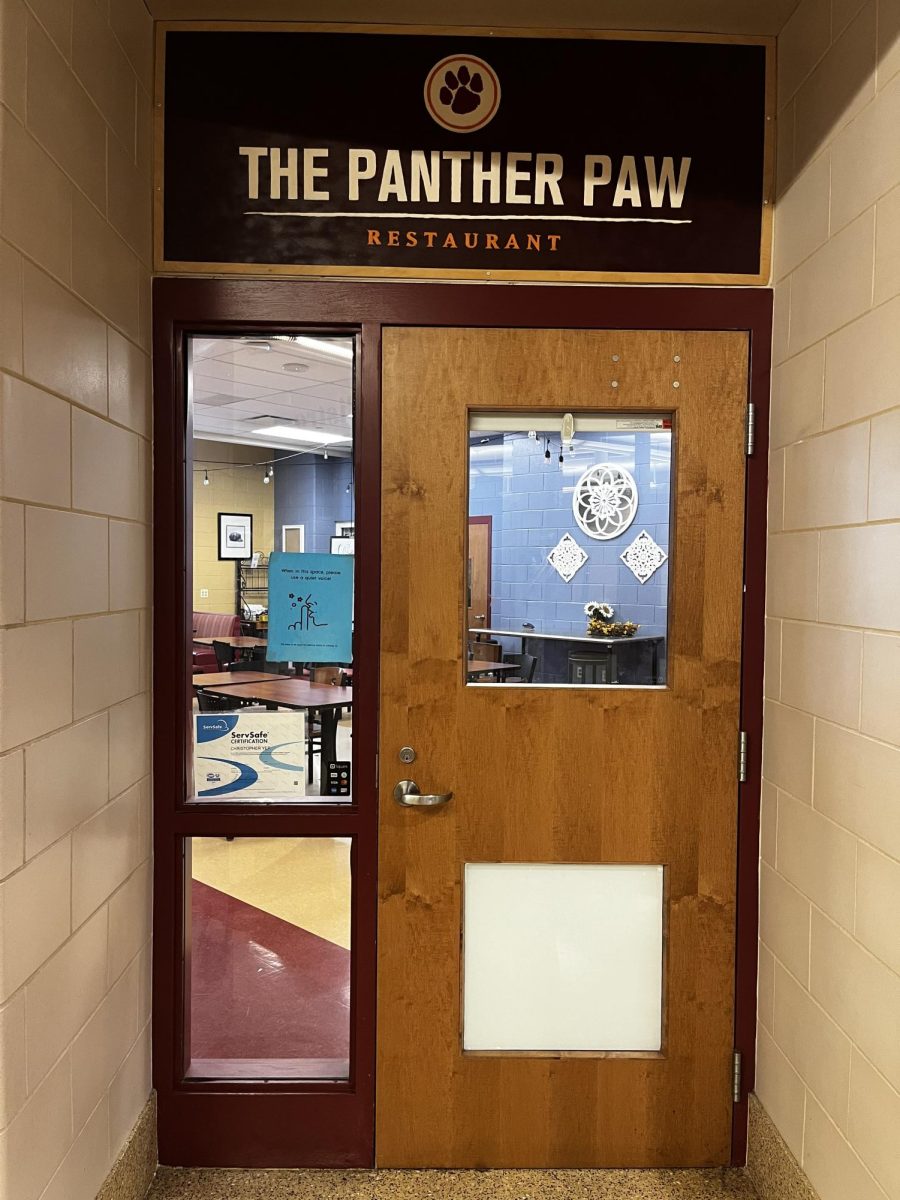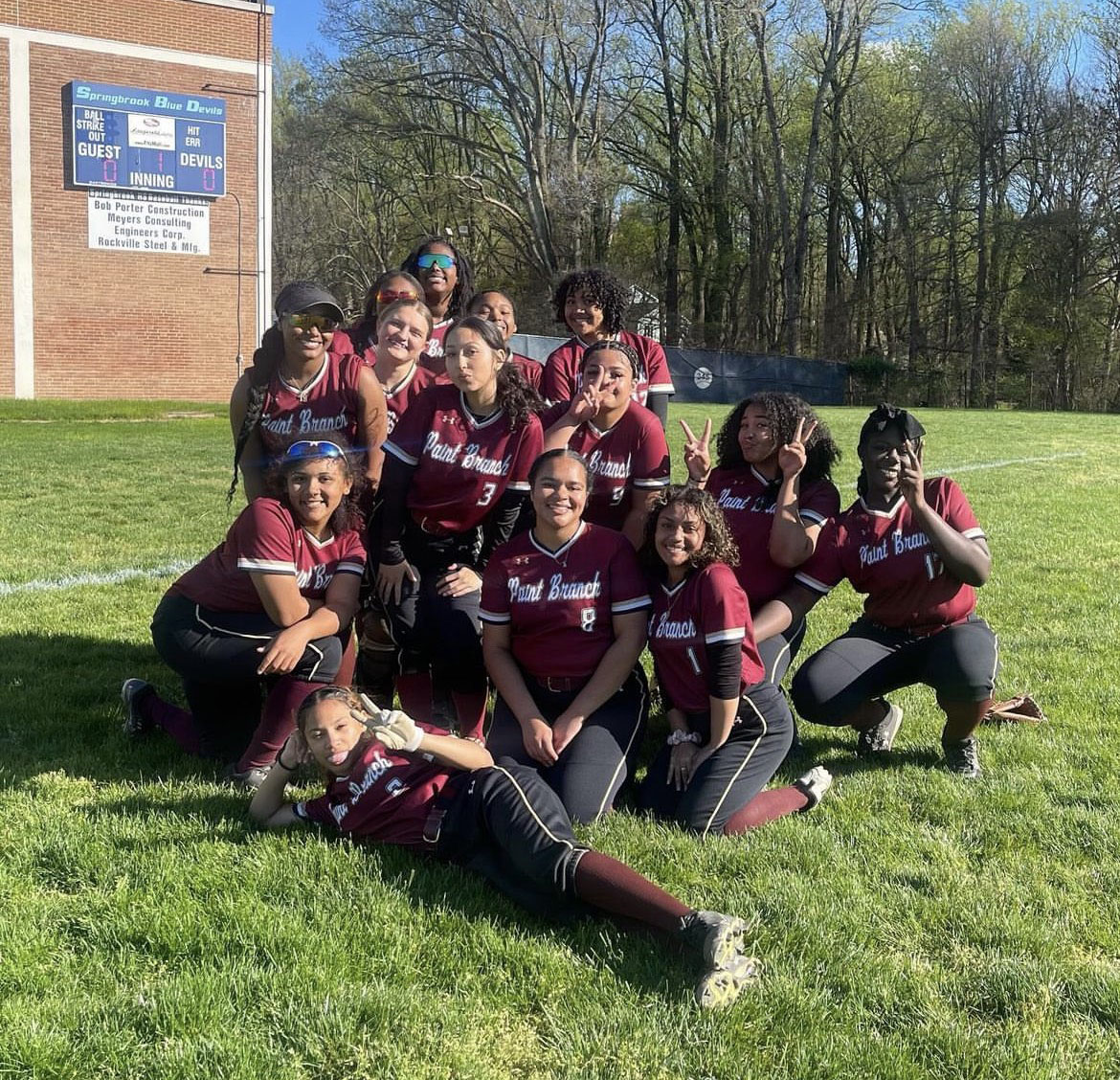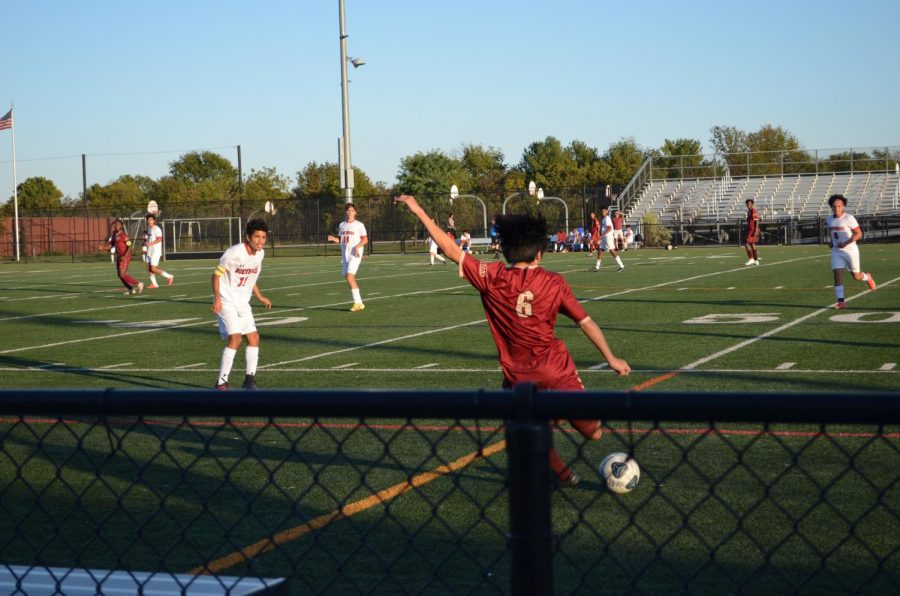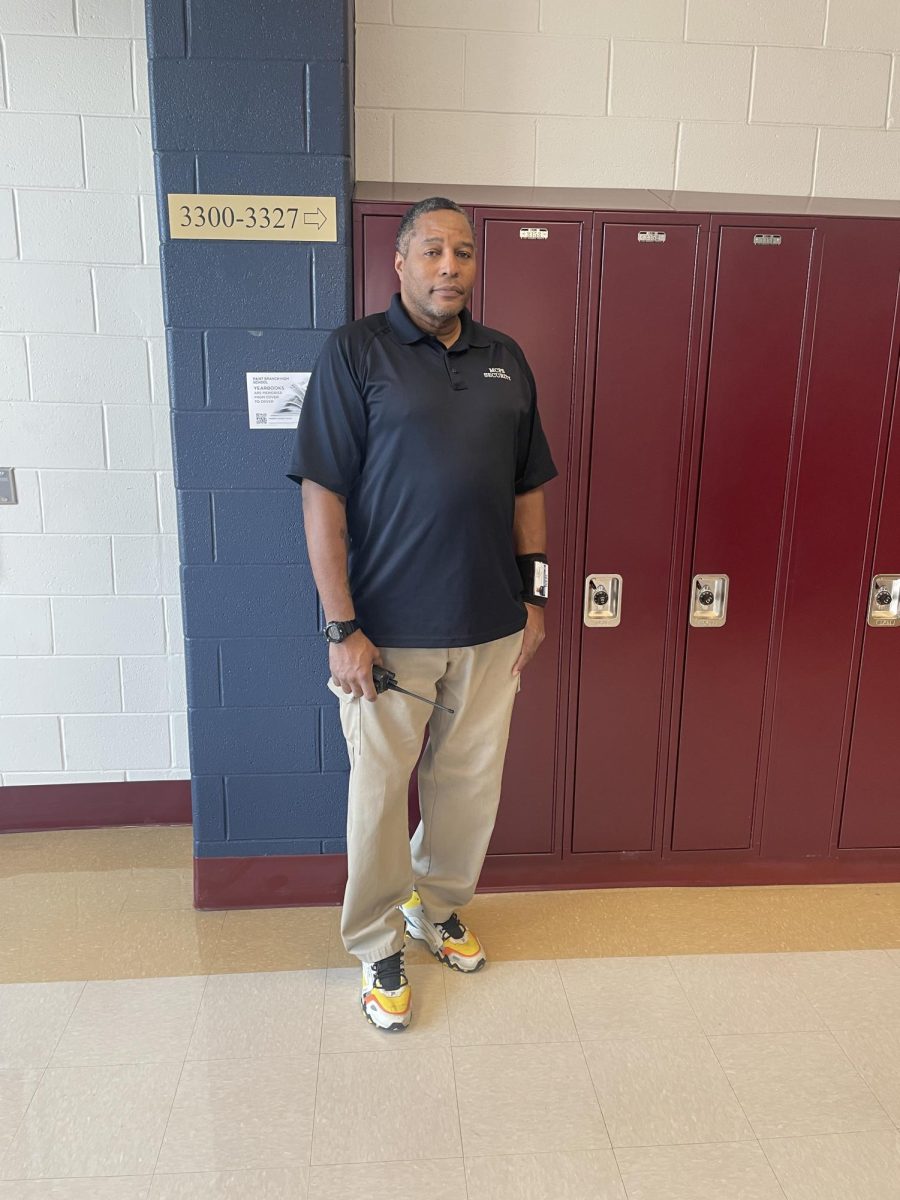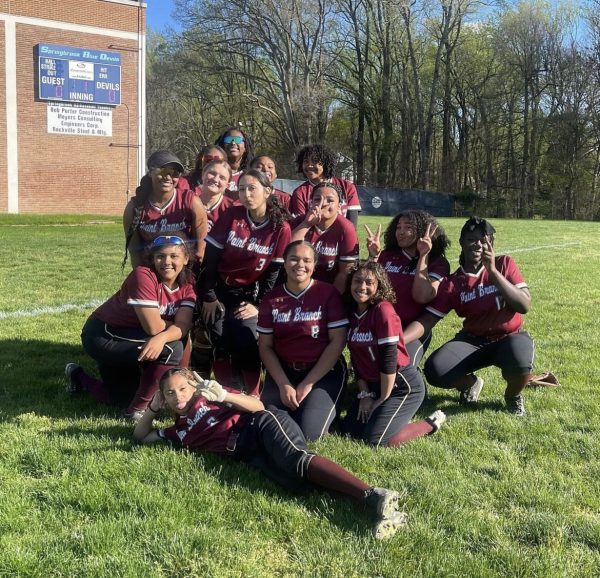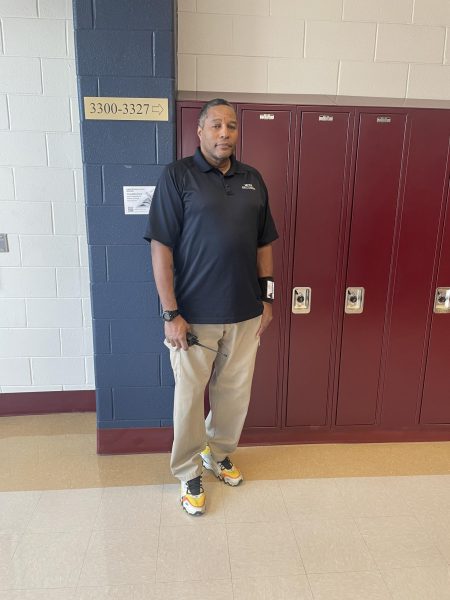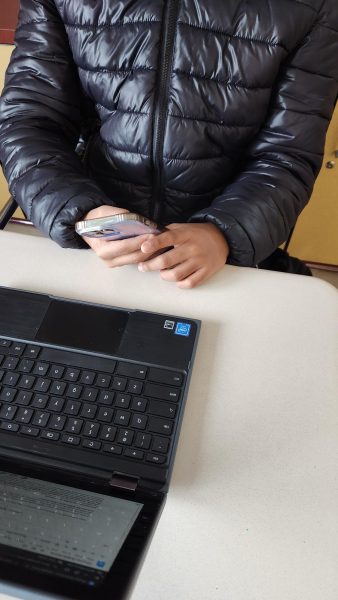Why Language Classes Are Not Working: To Learn a New Language One Must Immerse Themself
December 13, 2017
It’s truly amazing being able to say that you are bilingual. Some people are blessed to live in a household where their parents are willing to teach them two languages, but there are also many people that have to learn a second language on their own. So, what happens if you are interested in learning another language?
For most people it means personal classes which are usually very expensive. Most minors have the advantage of free language classes in middle and high school, unlike adults who have to pay a specific fee for a private tutor. But do students really learn anything in those classes the way they are set up right now?
From personal experience, I can say that a change truly must be made when it comes to the way schools teach language classes. The way that language classes are structured in high school are not enough to really ensure that people truthfully learn to speak another language.
In general, competitive colleges require at least two years of foreign language classes in high school, even if you take a foreign language in middle school. So, being exposed to another language is really a requirement if you are planning to go to college. The problem with this requirement is that it really doesn’t help the student gain the full experience of a second language. If it is a requirement, it should be effective in a student’s life. Washington Post education reporter Jay Matthews wrote about the issue of language classes in high school, in 2010. Matthews writes, “There is little evidence that many students achieve much fluency in high school.” He strongly believes that language studies are important, but school districts tend to give high grades for very little progress.
In the above explanation Matthews points out that taking a foreign language in school helps very little in actually learning a language, because students develop very little conversational skill throughout the course. To conclude his article Matthews states, “From what I can see, based on what actually happens in high schools, learning a foreign language often is a waste of time.”
It’s understandable to think that learning a foreign language in high school is wasteful, but this shouldn’t be the case.
Matthews’ point is important because studies show that the more you wait, the harder it is to learn a new language fluently. This is because youth tend to use the motor cortex of the brain faster than adults, which controls unconscious actions, to absorb a second language, according to Dr. Paul Thompson, neurology professor at UCLA. Learning a second language is beneficial and should be taken more seriously. Being bilingual helps the brain concentrate, it helps people solve problems, focus, and also gives better mental flexibility and multitasking skills. All skills valuable in everyday life.
If teaching a foreign language were being done correctly, this could benefit students in so many ways. There are also many health benefits to those who are able to speak two languages. According to Thomas Bak, a cognitive neurologist who studies the science of languages at the University of Edinburgh, bilingualism can protect the brain after brain injury. In a study of 600 stroke survivors in India, Bak discovered that cognitive recovery was twice as likely for bilinguals as for monolinguals.
High schools can use more effective strategies to insure that language classes are being understood by students. A way high schools could better teach a foreign language is by introducing a program where students can take typical electives in another language. Students might be taught P.E or another elective class in a foreign language, such as Spanish, so the practice of communicating is being put in place in “real world” situations.
Hearing a language in an elective class, and being taught the language in a regular foreign language class will force the mind to comprehend a language for long periods of time. This can improve the practice of communicating language skills.
Benny Lewis, a polyglot who speaks over a dozen languages, learned from traveling and communicating. Lewis, who is the founder of the largest language learning blog in the world, Fluent in 3 Months, states, “Speaking is by far the most important part of developing your language skills. Most of us learn a language to connect with others. If you can’t say anything, you miss that connection.”
If other courses are being taught in another language, it allows communicating skills to be put into action. Regular language classes that are already put into place overwhelms students with mostly grammar. Grammar is important for reading and writing but being able to speak is also very important when learning a different language. Teaching students something that they already know like P.E or art in another language can help with communication skills without the stress of writing essays and grammar. School districts should consider this option.

